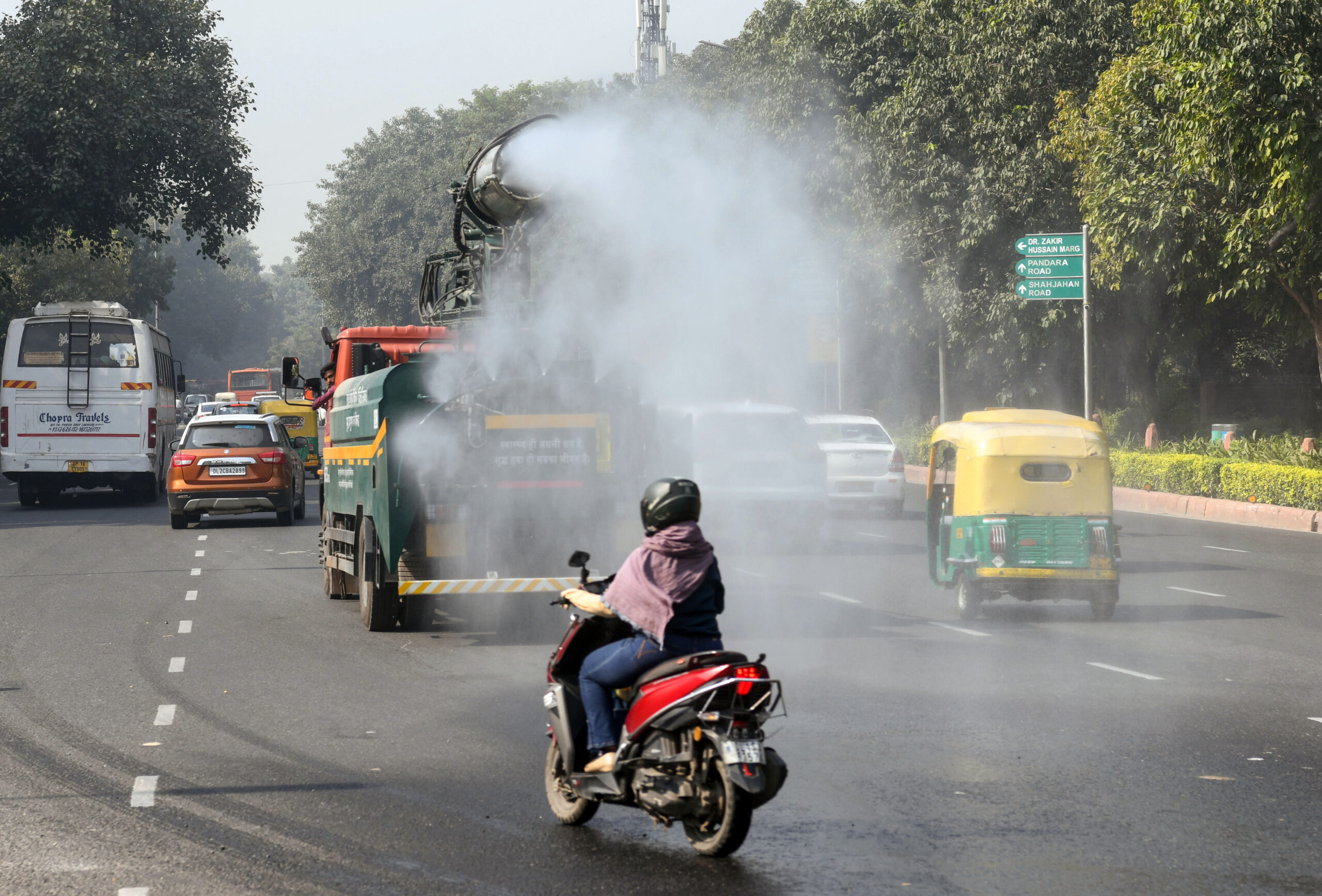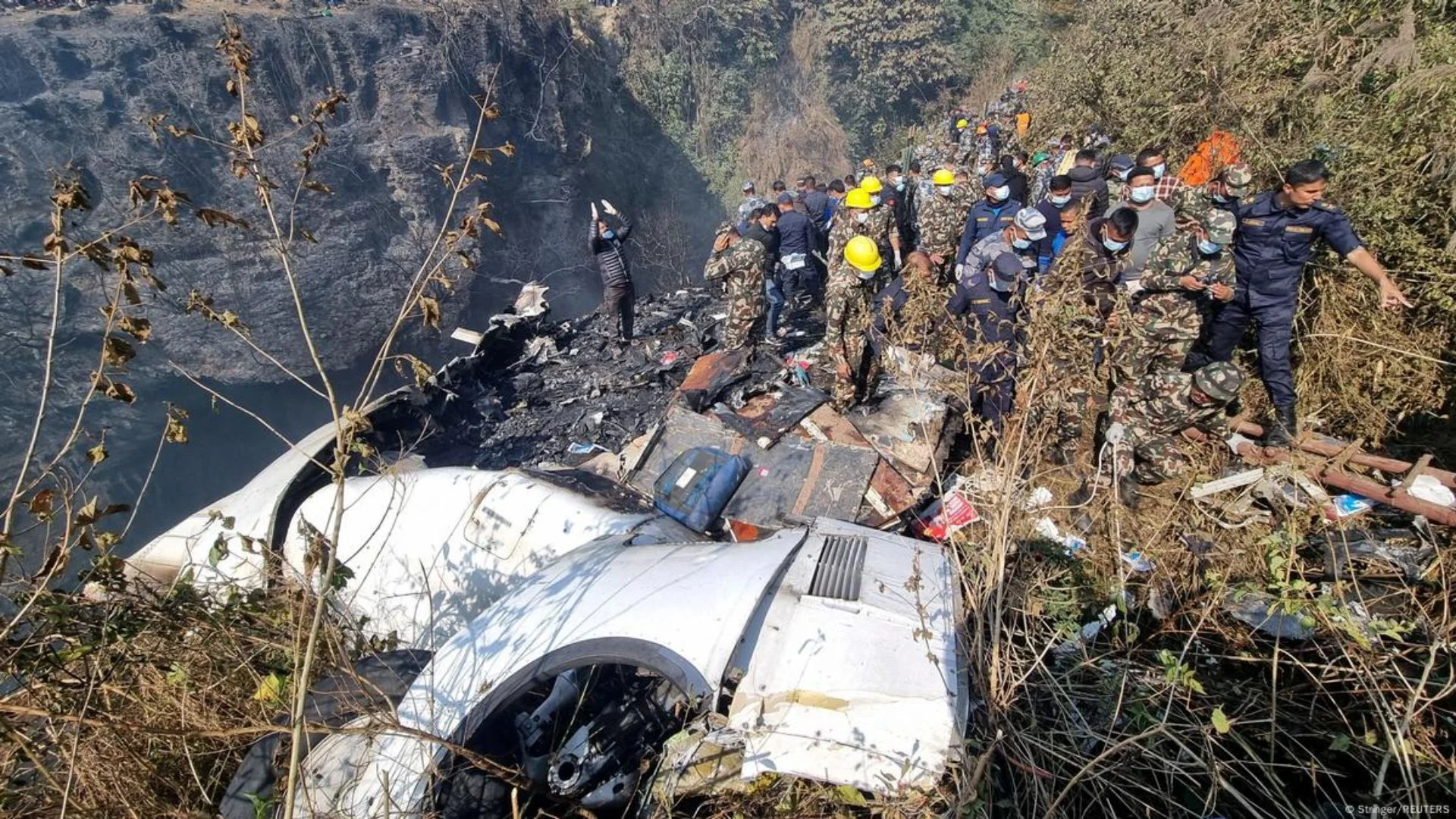The Commission for Air Quality Management (CAQM) has implemented GRAP-II in Delhi NCR in response to the deteriorating air quality, as the national capital’s daily average AQI reached 310 on Monday. This stage, activated when air quality is categorized as “Very Poor,” introduces several measures to combat pollution, effective from 8:00 AM on Tuesday.
Recommendations for Residents
As air pollution intensifies in Delhi, residents are advised to adopt the following practices to help improve air quality:
Use Public Transport: Minimize personal vehicle use and opt for public transport. Choose less congested routes, even if they are longer.
Maintain Vehicle Air Filters: Regularly replace air filters in your vehicles to ensure better air quality.
Avoid Construction Activities: Refrain from dust-generating construction work between October and January.
Stop Open Burning: Do not burn solid waste or biomass outdoors.
Instructions for Authorities
Authorities in Delhi have been mandated to implement several measures to manage rising pollution levels:
Daily Road Maintenance: Conduct daily mechanical or vacuum sweeping and water sprinkling on designated roads.
Dust Control: Apply water sprinkling with dust suppressants every alternate day on roads, especially in high-traffic and hotspot areas, ensuring proper disposal of collected dust.
Construction Inspections: Increase inspections at construction and demolition sites to enforce strict dust control measures.
Hotspot Pollution Reduction: Implement targeted actions to address pollution in identified hotspots, focusing on major sectors contributing to poor air quality.
Power Supply Management: Ensure an uninterrupted power supply to avoid reliance on backup generators.
Diesel Generator Regulation: Enforce strict schedules for diesel generator operations across all sectors, including industrial, commercial, and residential.
Traffic Management: Synchronize traffic movements and allocate sufficient personnel at congestion points to facilitate smooth traffic flow.
Public Awareness Campaigns: Utilize newspapers, TV, and radio to inform the public about air quality levels and provide tips for reducing pollution.
Increased Parking Fees: Raise parking fees to discourage the use of private vehicles.
Enhance Public Transport: Introduce additional CNG/electric buses and increase the frequency of metro services.
Support for Residents: Instruct Resident Welfare Associations to provide electric heaters to discourage burning biomass or waste during winter months.







